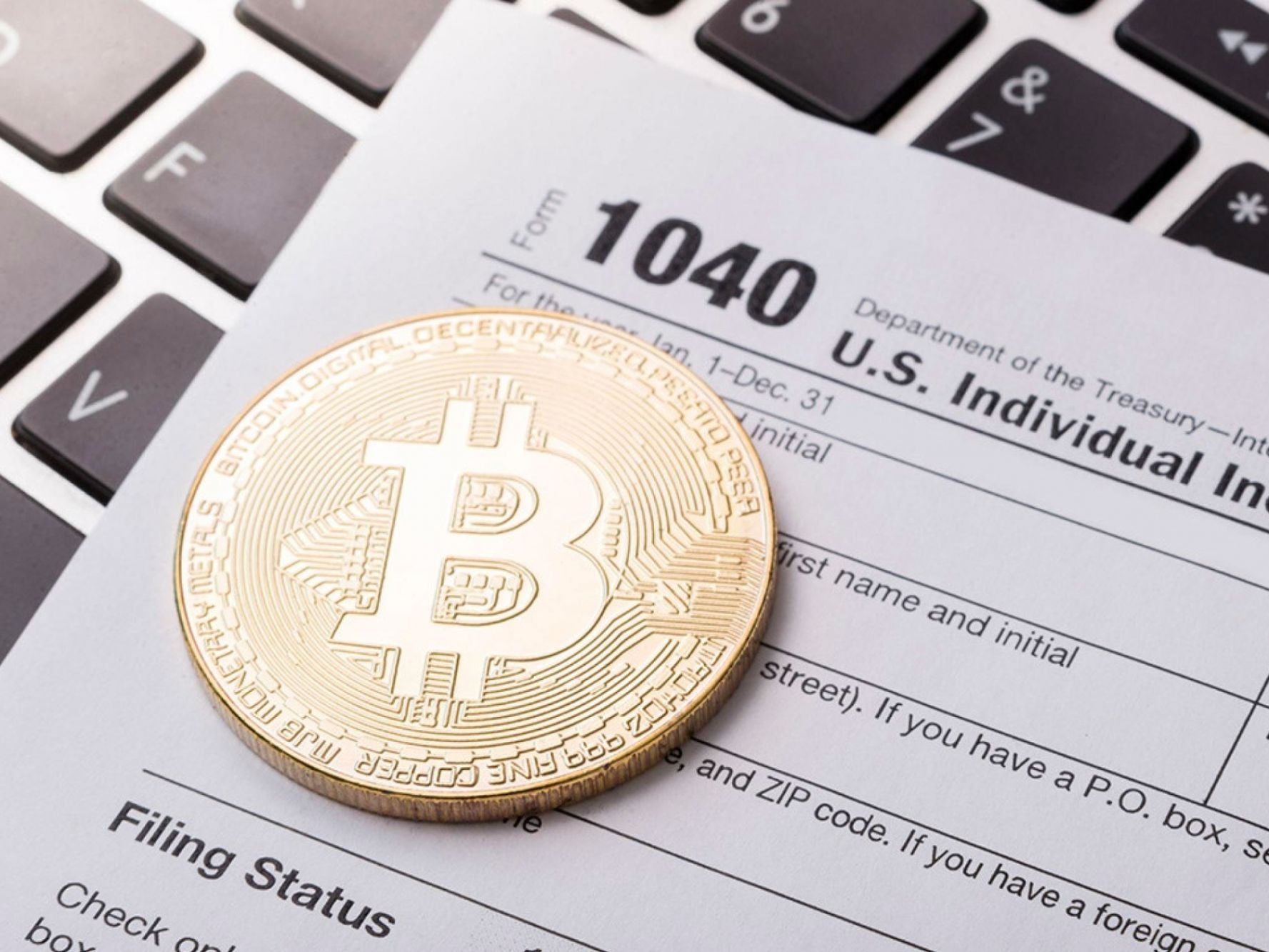With tax season fast approaching, many people are scrambling to get their accounts in order so that they can begin filing their taxes. One thing many people may not consider when it comes to filing taxes is that if you have owned or used cryptocurrency in any way, you may owe taxes. In fact, there is a crypto tax in Canada that you must pay upon the disposition of any form of cryptocurrency. Aside from this, there are some other little-known facts about cryptocurrency and how it affects your taxes.
1. Types of Transactions Considered Taxable
Despite the fact that cryptocurrency runs independently of banks and governments, you must still pay taxes on it—something that may shock many crypto fanatics. Nearly any transaction involving cryptocurrency that results in you making a profit is considered taxable. This includes things like selling crypto for cash, trading one form of crypto for another, using cryptocurrency in order to buy goods or services, getting or gifting crypto, making a sale of crypto, as well as any earnings from mining and staking.
2. You Must Report Correctly
When it comes time to do your taxes, you must report if the income that you have gotten is business income or capital gain. Business income includes profit from things like promoting a product, promoting a service, commercial activities, or any time there is an intent to make a profit. Capital gain on the other hand, is considered income for your tax year. However, only half of realized capital gains are subject to the capital gains tax in Canada. The amount of taxes you end up paying all depends on how you report your income.
3. Trading Cryptocurrency is Also Taxable
If you get rid of one type of cryptocurrency and trade it for another, the transaction is still considered a disposition. When it comes to Canadian crypto tax, you have to convert the value of the cryptocurrency you received into Canadian dollars. You then have to decide whether to report it as a capital gain or as a business income and then report it on your income tax return. In other words, buying and then selling or trading cryptocurrency for a higher rate than you bought it in order to receive a profit is considered disposition, and therefore, you will be taxed.
4. Crypto Tax Also Applies to Miners
Mining is one way to acquire cryptocurrency, although it is not something that is easy to do. However, if you happen to mine cryptocurrency, you still have to pay taxes on it. The income tax however, all depends on whether or not you are mining as a personal activity (like a hobby), or as a business activity. Each situation is different which means that not all miners will end up paying the same in taxes. If it is determined that your crypto mining is a business activity, you will be taxed the same way a business would be.
5. Having Cryptocurrency as Inventory
If the cryptocurrency in your possession is considered inventory for your business, you are required to value it consistently each and every year. There are two ways of doing this. The first way is valuing each item you have in inventory at its cost when you acquired it or at fair market value—whatever number is lower. The alternative option is to value the entire inventory at fair market value when the year is over. The government also requires that inventory that is concerned in the nature of trade has to be valued at cost.
6. Keeping Records is Essential
You must keep records of your cryptocurrency transactions at all times, regardless of whether they are acquired by mining or as payment for goods and services. You may not want to simply rely on cryptocurrency exchanges to keep this information for you. However, if you do use a cryptocurrency exchange, be sure to export information from these exchanges consistently in order to avoid losing the information needed to report your transactions as accurately as possible. Be sure that your records include things like the date that these transactions happened, receipts of purchase, exchange costs, software costs, and more.
7. You Won’t Be Taxed for Holding Crypto
The only way to avoid having to pay taxes on your cryptocurrency is if you don’t do anything with it. You will however, have to pay taxes when you dispose of your cryptocurrency. As mentioned previously, this includes everything from selling it or trading it, gifting it, converting it to a currency, or even simply by using it to purchase goods or services. Of course, if you earn money off of your crypto either by selling it or trading it, you can also expect to be charged a tax.

